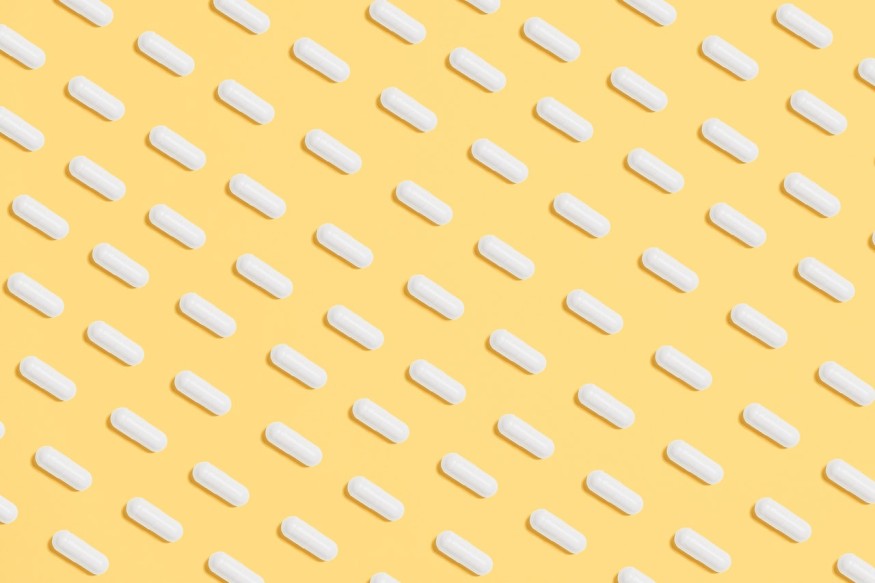A common anti-depressant that heightens the level of serotonin or happy hormones could be the solution to combat cancer. The drugs help to strengthen the immune system against the most deadly disease.
Anti-Depressant and Anti-Tumor Benefits in Monoamine Oxidase Inhibitors

A study conducted at the University of California Los Angeles (UCLA) has found that monoamine oxidase inhibitors, also known as MAOIs, have another benefit in addition to fighting depression. The inhibitors have been found to be an effective anti-cancer drug because it reinforces the immune system by slowing the growth of tumors.
MAOIs have been on the market since the 1950s. However, the anti-depressant has been eclipsed by other medications with lesser-known side effects, reports Fierce Biotech.
The repurposing of the anti-depressant has not been proposed to be an alternative to getting rid of tumors and has not been linked to the immune system in relation to cancer, according to Lili Yang, a researcher at UCLA's Eli and Edythe Broad Center of Regenerative Medicine and Stem Cell Research member and principal author of the study.
Utilizing the drug in cancer therapy is beneficial and won't be as challenging as developing a new cancer medication. As it is, MAOIs have already studied thoroughly and are classified as safe drug, Yang said.
MAOI Anti-Depressant Solution for Immunotherapy Against Cancer
Yang's study, "Targeting monoamine oxidase A for T cell-based cancer immunotherapy", is published in the journal Science Immunology.
It suggests that the anti-depressants contain new cancer immunotherapies and helps in the understanding of how the immune system naturally tracks and destroys cancer cells, as wells as how tumors are repelled.
Yang and her research team studied the immune cells found in melanoma or skin tumors in mice. In comparison with cancer-free mice, they found out that the gene called monoamine oxidase A, also known as MAO-A, had an excessive activity in immune cells that fight back tumors. The protein found in the gene is identified to be a controller of serotonin levels.
The control group also exhibited notable reactions towards cancer. These subjects that did not produce MAO-A protein were better at managing melanoma and tumor growth. This group of mice performed better at fighting cancer once treated with MAOIs, EurekAlert reported.
Further investigation revealed that the immune cells that destroy cancer cells, also known as T-cells, produce MAO-A once it detects tumors. Cerritos Community News reports that this reaction negates the capability of the immune cells to fight cancer.
The nervous system was already suspected before to be working with the immune system. The discovery of the anti-depressant's reaction towards the cancer cells proves that there is a possibility of similarity between the two systems. This theory is backed up by MAOIs themselves,
MAOIs do a double function to combat cancer. It blocks immuno-suppressive macrophages that disrupt T-cells at work. At the same time, it strengthens T-cells enough to demolish the line of defense of tumors.
Check out more news and information on Cancer in Science Times.









